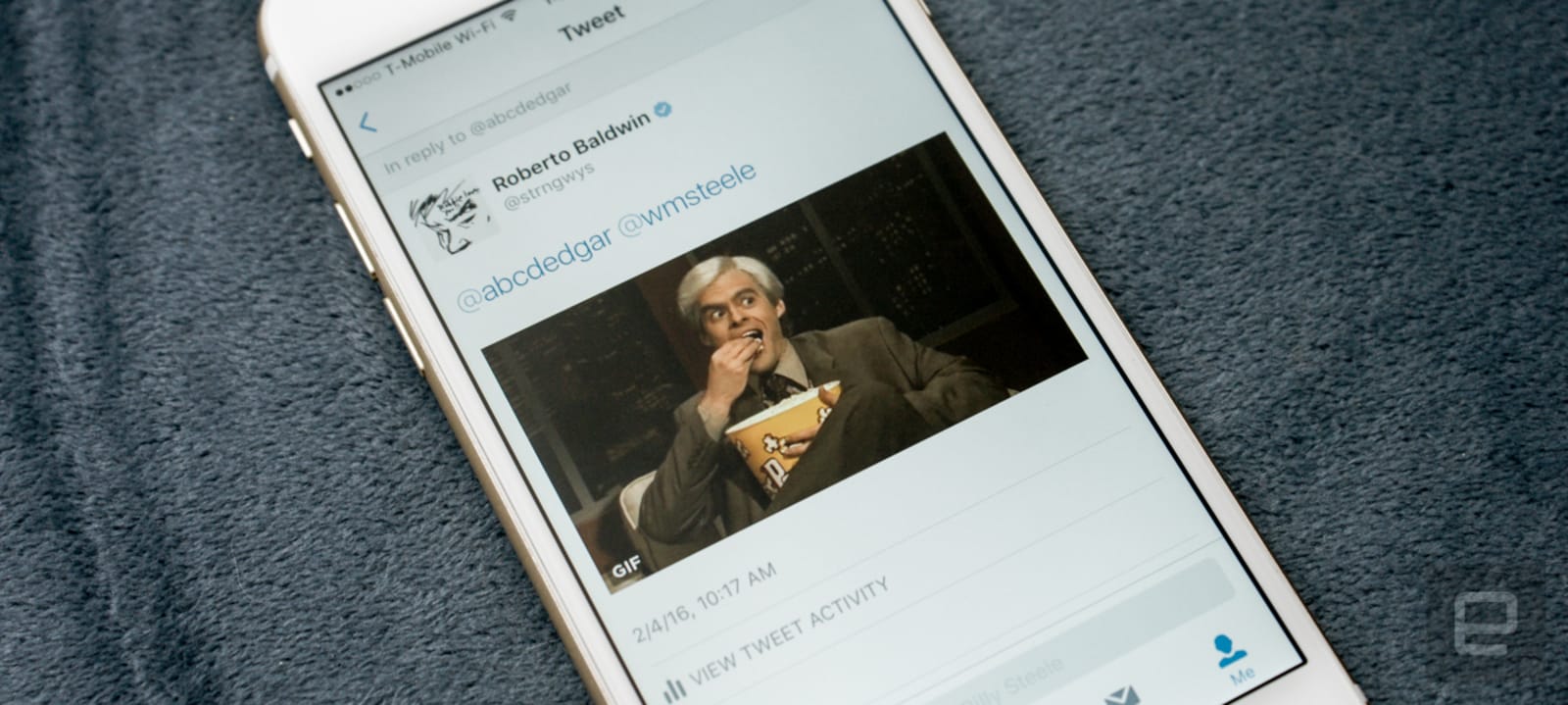
It was great while it lasted, but the days of users legally unlocking their own phones is over. Back in October of last year, the Library of Congress added an exemption to the DMCA to allow folks to free their new phones for 90 days. That three month window has now closed. Of course, carriers are still free to offer unlocked handsets themselves, and some will also unlock them for you as long as certain conditions are met. "Legacy" or used handsets purchased before today can still be unlocked without any finger-wagging from federal courts.
So, what does this mean exactly? Well, Electronic Frontier Foundation attorney Mitch Stoltz told us, "What's happening is not that the Copyright Office is declaring unlocking to be illegal, but rather that they're taking away a shield that unlockers could use in court if they get sued." This does make lawsuits much more likely according to him, but it's still up to the courts to decide the actual legality of phone unlocking. Indeed, it's a grim day for those who want true freedom over their own devices. Stoltz said to us, "This shows just how absurd the Digital Millennium Copyright Act is: a law that was supposed to stop the breaking of digital locks on copyrighted materials has led to the Librarian of Congress trying to regulate the used cellphone market."
Filed under: Cellphones, Mobile
Comments
Via: Tech News Daily
Source: Library of Congress (Amazon)
 It doesn't seem odd anymore that governments might want to save Twitter archives for historical purposes, what with all the attention our president gets for his contributions to the platform. The UK has been saving tweets and YouTube videos as histor...
It doesn't seem odd anymore that governments might want to save Twitter archives for historical purposes, what with all the attention our president gets for his contributions to the platform. The UK has been saving tweets and YouTube videos as histor...
 It doesn't seem odd anymore that governments might want to save Twitter archives for historical purposes, what with all the attention our president gets for his contributions to the platform. The UK has been saving tweets and YouTube videos as histor...
It doesn't seem odd anymore that governments might want to save Twitter archives for historical purposes, what with all the attention our president gets for his contributions to the platform. The UK has been saving tweets and YouTube videos as histor...
 The Library of Congress has completed a three-year project to digitize 163,000 documents relating to the cultural history of Afghanistan, and this week officials handed over these hard drives to the Afghan Minister of Information and Culture, Abdul B...
The Library of Congress has completed a three-year project to digitize 163,000 documents relating to the cultural history of Afghanistan, and this week officials handed over these hard drives to the Afghan Minister of Information and Culture, Abdul B...
 You no longer have to dread the day that a game developer shuts off its servers and renders your favorite title unplayable. As part of a series of DMCA copyright exemptions, the US Library of Congress has granted long-sought permission to disable...
You no longer have to dread the day that a game developer shuts off its servers and renders your favorite title unplayable. As part of a series of DMCA copyright exemptions, the US Library of Congress has granted long-sought permission to disable...



